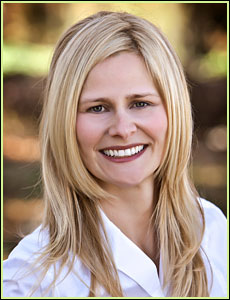One of the most important pieces of sports equipment your child can wear on the field this summer is a mouth guard. A well-fitted mouth guard allows your child to breathe and speak more clearly, in addition to protecting his or her mouth. Only by using a mouth guard can little and big athletes alike avoid serious mouth and jaw injuries. The next time you’re in for your little one's appointment, we encourage you to let us know if he or she is playing or planning to play any sports. We can recommend a mouth guard that will work best for your child's mouth. Also, here are five quick tips for keeping your kids safe during sport activities this summer:
• Wear a helmet
• Stretch before and after a game or practice
• Wear protective eyewear
• Wear a face shield to avoid scratched or bruised skin
• Be observant, even as a spectator
We hope this helps! You can always contact us if you have any questions! Good luck on the field!










